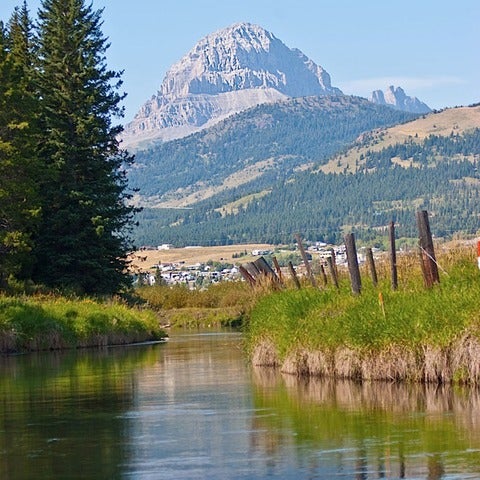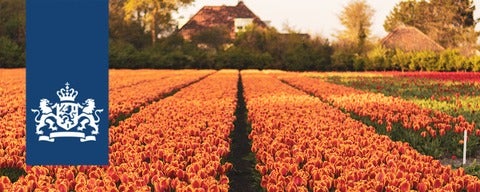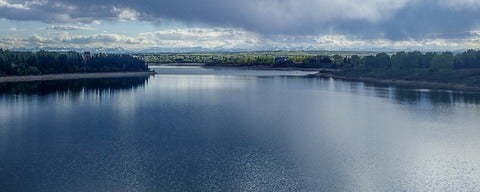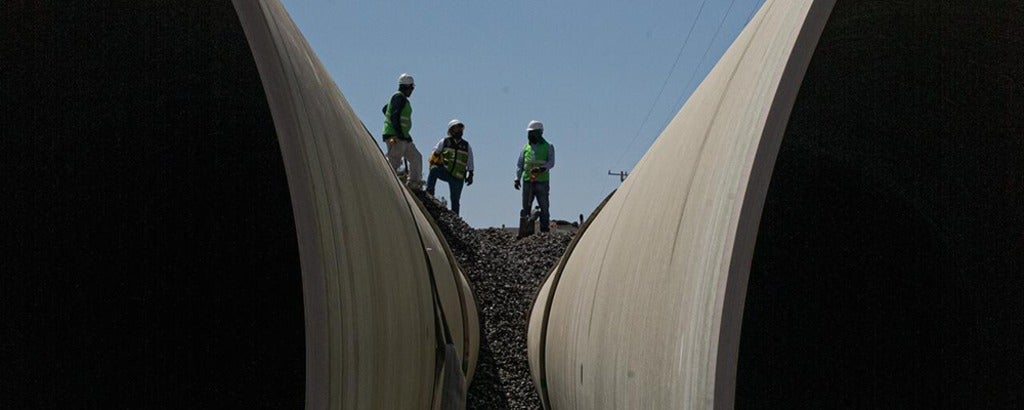Even in Canada, where water prices are low, aging infrastructure and rising costs are a problem
Roy Brouwer, Executive Director of the Water Institute and University Research Chair in Water Resources Economics, contributed to an article recently published by Great Lakes Now, an initiative of Detroit Public TV and PBS.
The article is part of a two-part series looking at the cost of water in Ontario and Michigan.






